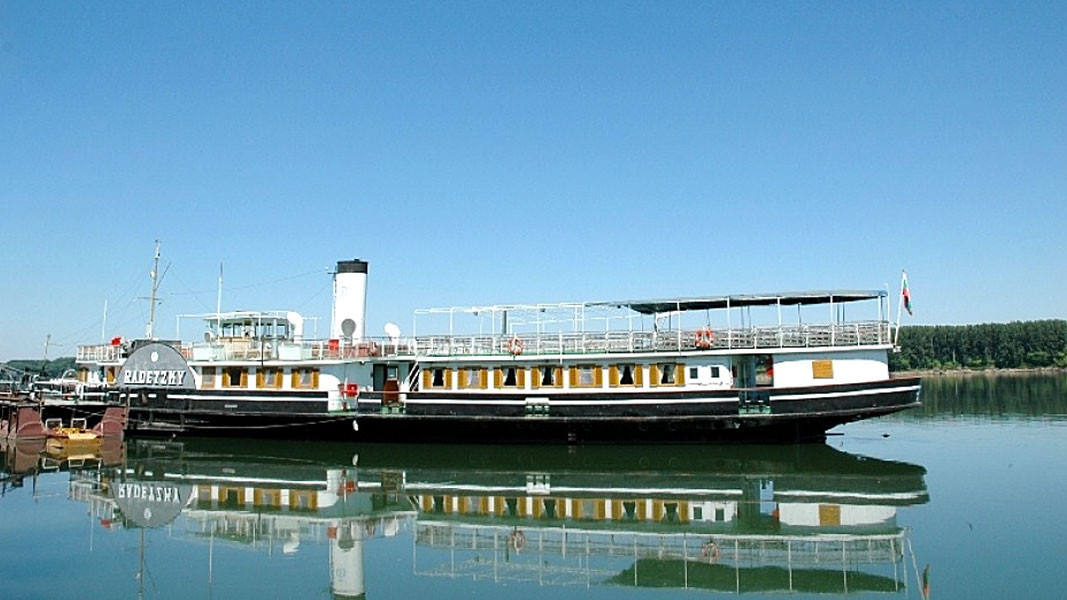Revolutionary, poet, journalist, publisher. In his brief lifetime Hristo Botev wrote around 20 poems, even so the body of his work is considered to be the apex of Bulgarian literature. Deeply emotional, the verses he wrote when Vassil Levski was hanged have been turned into song, sung to this day in tribute to the Apostle of Freedom. One ballad is very popular – Hadji Dimitar, celebrating the heroism of the rebel who laid down his life for national freedom. Turned into song, it is seen as a symbol of people’s gratitude to the heroes of Bulgaria. As a melody, performed by choirs or soloists, the song Hadji Dimitar (He lives) is invariably part of all 2 June official ceremonies.
“The struggle”, “In the tavern”, “Eloped” and many other poems by Botev were turned into songs soon after they were written. In the 20th century, Alexander Raychev, Alexander Tanev, Simeon Pironkov, and many other Bulgarian composers wrote vocal and instrumental works to Hristo Botev’s verses.
But the first work inspired by the heroism of Hristo Botev and his rebels was written 145 years ago – on 20 May, 1876, just days after the revolutionary set foot on Bulgarian soil. The poem is actually called “Radetzky”, but became popular as “Still White Danube”. Its author is the patriarch of Bulgarian literature Ivan Vazov.

In his memoirs Vazov wrote the following: "We were all exhilarated: the details about the daring feat, as if taken straight from a legend, was circulated by word-of-mouth. Under the impression of this event I wrote Still White Danube Undulates and it very soon became popular and was adapted to become a song.”
Find out more about the song about Botev in Radio Bulgaria’s Still White Danube: the story of a great rebel song
Compiled by Albena Bezovska
Photos: BNR and archive
Bulgarians are among the few peoples in the world with a holiday dedicated to spirituality—the National Awakeners' Day. We celebrate it every year on November 1 to honor those who awakened the nation to freedom, knowledge and dignity during the dark..
St. Demetrius Day – October 26, is celebrated throughout Bulgaria, and his relics, kept in Thessaloniki, are a constant object of veneration by Bulgarians who often travel to Northern Greece. In the folk calendar, St...
The Anthem of Independence was performed for the first time on September 22, 1908, in the Black Sea city of Burgas. The author of the melody and lyrics—military bandmaster Georgi Shagunov—noted on the title page of the score that the anthem was..
Bulgarians are among the few peoples in the world with a holiday dedicated to spirituality—the National Awakeners' Day. We celebrate it every year on..

+359 2 9336 661
